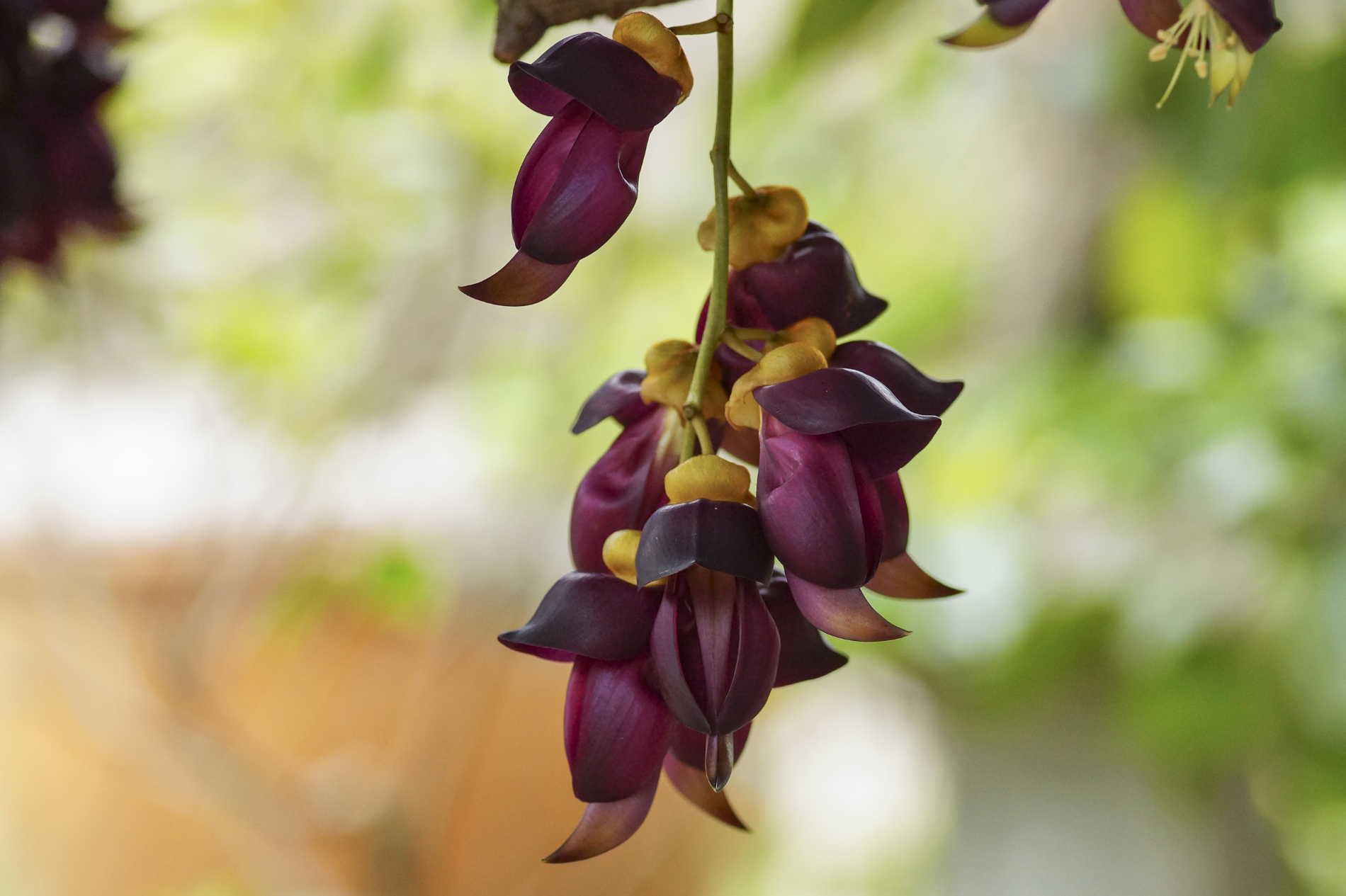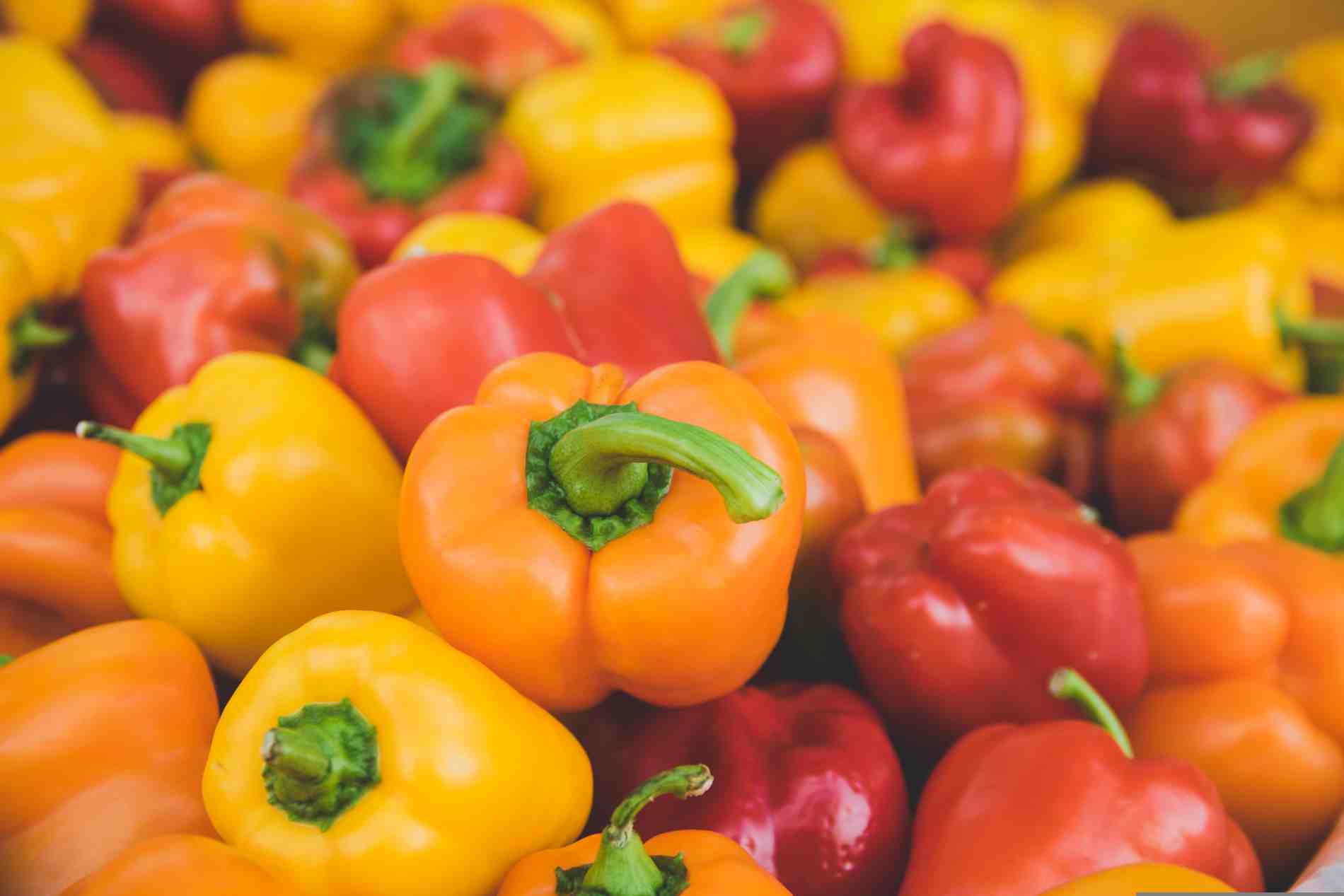Introduction
Pippali, also known as long pepper, is an ancient medicinal plant that has been used in Ayurvedic medicine for thousands of years. The plant, whose botanical name is Piper longum, originally comes from South Asia and has been integrated into numerous traditional healing systems due to its diverse health effects.
Discovery and historical significance
The discovery dates back to Vedic times, when it was considered a sacred plant and was described in the ancient scriptures of Ayurveda. It was used not only as a spice but also as a medicine to treat a variety of diseases.
Pippali: forms of administration and dosage
It can be taken in various ways:
- Powder: It is most commonly used in ground form.
- Capsules: For easy dosage and ingestion.
- Tea: A herbal tea can be prepared from the dried fruits.
- Oil: Pippali oil is sometimes used for external application.
The dosage varies depending on the intended use and the age of the user. In general, adults can take between 500 mg and 1 g of the powder once or twice a day. It is important to start with a low dose and increase it slowly.
Healing effect
Pippali is known for its ability to treat a variety of ailments:
- Indigestion: It stimulates the appetite and aids digestion.
- Respiratory disorders: It acts as a natural expectorant.
- Inflammations: Has anti-inflammatory properties.
- Immunodeficiency: strengthens the immune system.
Pippali: Effects on the body
Pippali affects the body in various ways. It increases the metabolic rate, which helps to improve digestion and detoxify the body. It also has a warming effect, which helps to reduce phlegm and clear the airways.
Recommendations and contraindications
Although Pippali is safe for most people, it is not recommended in certain cases:
- Pregnant women: it should not be taken during pregnancy due to its strong effects.
- Infants: Not suitable for children under two years of age.
Pippali: Additional medicinal plants and food supplements
To enhance the effect of Pippali, it can be combined with other medicinal plants:
- Turmeric: For additional anti-inflammatory effects.
- Ginger: To support digestion.
- Ashwagandha: To strengthen the immune system.
Food sources and side effects
Although Pippali is mainly available as a dietary supplement, it is occasionally used in cooking, especially in Indian and South East Asian cuisine. Possible side effects can include heartburn, nausea and even stomach problems if taken in excess. It is important to stick to the recommended dosage to avoid such problems.
Pippali: overdose and natural remedies
An overdose of Pippali can cause symptoms such as increased body heat and stomach irritation. In natural medicine, it is used as a stimulant and to cleanse the body. It is also an ingredient in Trikatu, an Ayurvedic mixture that improves digestion and respiratory function.
Conclusion
Pippali is a powerful natural remedy with a rich history and many uses. Integrating it into a healthy lifestyle can bring great benefits to the digestive system, respiratory system and overall well-being. However, as with any remedy, it is important to start taking it under the guidance of a qualified health professional and to consider individual needs and reactions.




